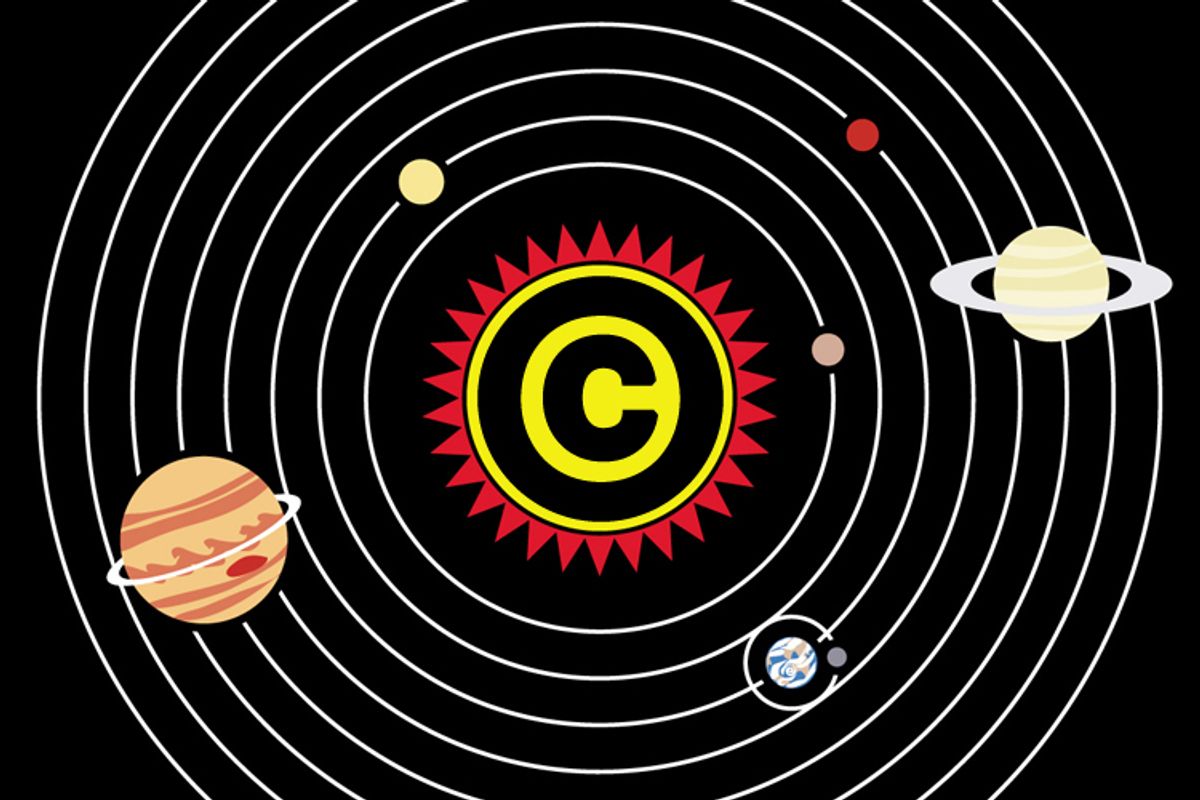In the surely-you're-joking category, here comes the music industry to say it needs even tougher copyright rules. Sorry, no joke.
As CNET's Declan McCullagh reports from a conference in Aspen, Colo., Cary Sherman, president of the Recording Industry Association of America, complained about "loopholes" in the current copyright system. But what he calls loopholes are among the few parts of the law that remotely temper the absolute control that the RIAA and its allies, mainly in the movie business, want copyright holders to have over everything digital.
Specifically, the entertainment industry is looking to enforce copyright by getting third parties to do some of the dirty work. In particular, the industry wants companies such as search engines and Internet service providers -- the latter is typically your phone or cable company -- to keep an eagle eye on what you do with your own computer, inspecting what you download and upload in granular ways. This is the rough equivalent of getting your phone company to listen to your calls to make sure you aren't planning anything illegal.
The way the entertainment companies are trying to make this kind of thing work in other countries is to get ISPs to shut down users' access after accusations of infringing behavior, with harder punishments also a possibility. A legal battle royal is under way in France and the European Union over this insane policy.
What the cartel wants, essentially, is to make all the decisions about how what it produces may be used in any way. This flies in the face of tradition and law, and would inevitably lead to a regime under which we would all need permission to use digital content for any purpose whatsoever.
As Internet access consolidates into the hands of a few companies, these threats become more serious, not so much because the ISPs want to be spying on you but rather because they may be forced to do so. Let your ISP know you won't be happy if this happens.



Shares